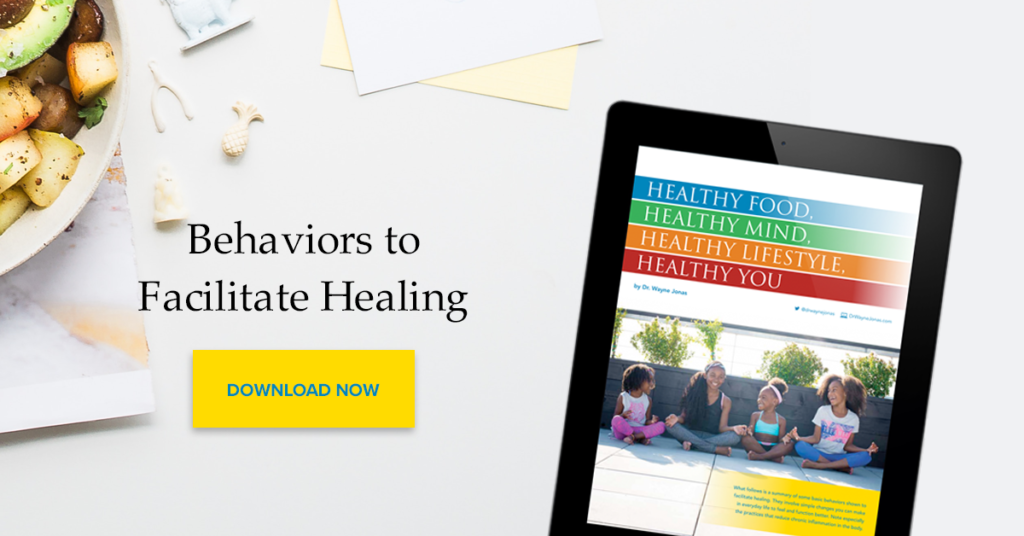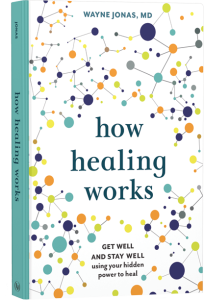In all the rollicking changes a woman experiences in her twenties and thirties, one thing remains constant: her reproductive cycle. Every month triggers a cascade of hormones designed to ready a woman’s body for pregnancy. It is one of the most complex physiologic processes the body performs. Which is why, when things don’t go quite as smoothly as they should, it may be time to turn to an integrative approach.
Menstrual Cycle and PMS
Find yourself with significant irritability, bloating, fatigue, weight gain, acne, and breast tenderness in the week or two before your period? You may be among the 40 percent of women with PMS. While antidepressants, hormones, and anti-inflammatories offer a traditional approach, there are other options:
- Diet. Try a diet low in dairy, refined sugar, high-sodium foods, and animal fats, which studies suggest can help reduce the symptoms of PMS.
- Vitamins and minerals. Supplementing with magnesium, vitamin B6, and/or calcium may improve symptoms, likely through their effects on inflammation and food-related brain chemicals.
- Herbal supplements. Chasteberry, black cohosh, St. John’s wort, and gingko can ease PMS symptoms through a variety of mechanisms, including reducing inflammation and regulating hormonal actions. It’s important, however, to discuss the use of any supplements with your doctor, as they may interfere with other medications and/or have side effects.
- Mind/body approaches. These include acupuncture, relaxation techniques, biofeedback, and guided imagery. Yoga is particularly helpful, with an analysis of 15 studies concluding that yoga reduced premenstrual symptoms.
- Acupuncture. A review of eight studies of different forms of acupuncture found the treatment improved physical symptoms of PMS by up to 50 percent.
- Exercise. Numerous studies find that aerobic exercise is an effective treatment for PMS. In one large survey of 1,800 women, more than half of whom used exercise to manage their PMS symptoms, 80 percent said it helped.

Navigating Common Reproductive Health Issues
Integrative medicine may help manage the severity and symptoms of reproductive conditions such as fibroids, in which benign tumors grow in the uterus; endometriosis, in which uterine tissue grows outside the uterus; and polycystic ovarian syndrome (PCOS), a hormonal condition that leads to fertility problems, weight gain, acne, and unwanted hair growth, as well as cardiovascular risk factors such as high blood pressure and cholesterol. These diseases affect millions of women and are primarily treated with hormonal therapies or, in the case of fibroids and endometriosis, surgery. Adding integrative health approaches to the medical focus may provide greater relief.
Fibroids
In one study of 72 women with large uterine fibroids, researchers randomized half to receive traditional Chinese herbal medicine, acupuncture, weekly deep tissue massage, and guided imagery and meditation, while the other half had conventional medical treatment only (control group). Fibroids shrank or stopped growing in 22 of the women in the treatment group compared to just 3 in the control group, although the treatment cost significantly more.
Studies also find that diets high in red meat and fats, particularly animal fats, increase the risk of fibroids and risk factors for fibroids, including high blood pressure. Aim for a diet high in flavonoids, oily fish, green vegetables, fruits, and beans.
PCOS
One of the hallmarks of PCOS is insulin resistance, in which cells don’t respond well to the release of insulin and so can’t use the glucose they need for energy. The pancreas keeps making more insulin to try and keep blood glucose levels at a manageable level, but eventually, it fails, leading to diabetes. Exercise can reduce insulin resistance by building muscle. Indeed, one study of 62 women with PCOS found improved inflammatory markers and glucose/insulin levels after three months of an exercise training program compared to a similar group that did not get the training. In fact, exercise is the only treatment that improves all markers of metabolic syndrome.
Weight loss is also important. Many women with PCOS are overweight; losing just 5 percent of their body weight can restore regular ovulation and menstruation and improve fertility.
Herbal medications, particularly chasteberry, cinnamon, black cohosh, Tribulus terrestris, licorice, and Chinese peony, also show some benefits. In addition, a study in 72 women with PCOS who received either acupuncture, exercise, or no intervention found that the women in the acupuncture group had less depression and anxiety, while the women in the acupuncture group had less depression and anxiety, and had improved health-related quality of life scores compared to the control group.
Metformin and PCOS
Most women with PCOS will be started on oral contraceptives to improve ovulation and reduce the potentially dangerous effects of too much estrogen on the uterine lining.
The insulin sensitizer metformin offers another option if birth control pills aren’t effective or women can’t or don’t want to take them. It works by reducing the amount of glucose the liver releases and increases the amount of glucose absorbed in the intestine both of which reduces the need for insulin. Studies find it can restore ovulation and menstruation in 30 to 50 percent of women with PCOS.
Using metformin along with integrative health options is a good example of integrative medicine.
Endometriosis
One of the hallmarks of endometriosis that is most likely to benefit from an integrative health plan is less pain. Numerous studies find that cognitive behavioral therapy, massage, acupuncture, and mindfulness approaches such as meditation and deep breathing can reduce the perception of pain in a variety of conditions.
One of the few studies to evaluate an intervention specifically for endometriosis-related pain compared neuromuscular stimulation, in which a low dose of electrical energy is applied to the muscles, to no treatment in 154 women.
Researchers found that women receiving treatment for 10 weeks showed significant reductions in all objective indications of pain. Researchers are also looking at herbal and nutritional supplements that affect the cellular processes that lead to the overgrowth of blood vessels associated with endometriosis. These include green tea extracts, resveratrol, viburnum, flavonoids, genistein, and St. Johns Wort. However, most of the studies on these supplements have been done in the laboratory rather than in clinical studies.
Mind-Body for Fertility
Over the past 20 years, reproductive specialists have come to understand the importance of the mind/body connection on fertility and begun integrating complementary and alternative medicine, including meditation, Reiki, massage, nutritional support, yoga, and acupuncture, into their medical practices or partnering with integrative medicine specialists.

Your Health Into Your Own Hands
Drawing on 40 years of research and patient care, Dr. Wayne Jonas explains how 80 percent of healing occurs organically and how to activate the healing process.

